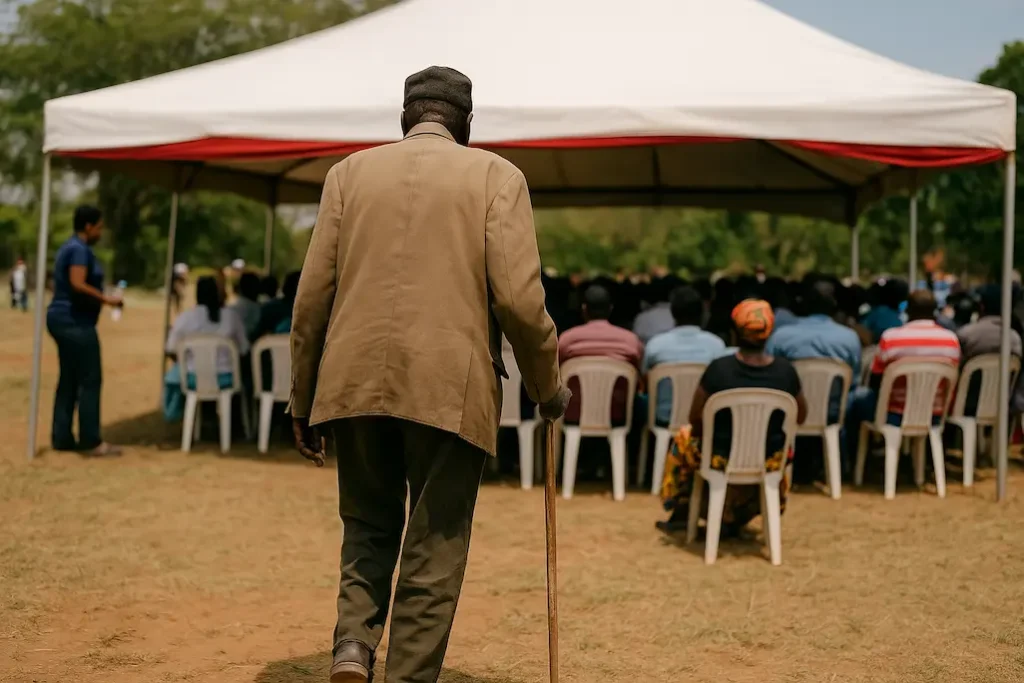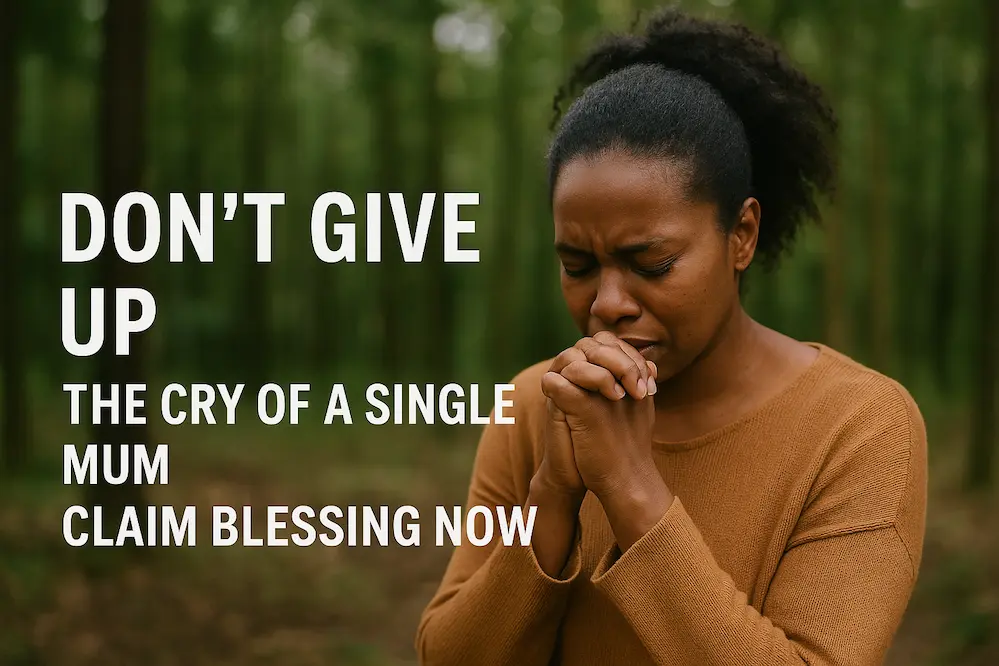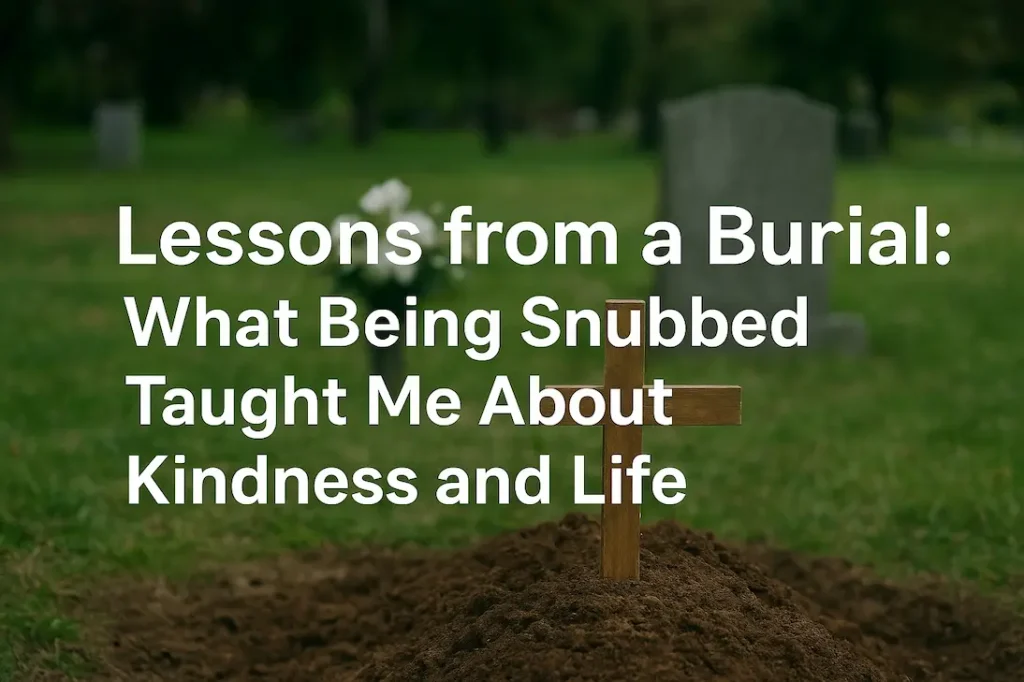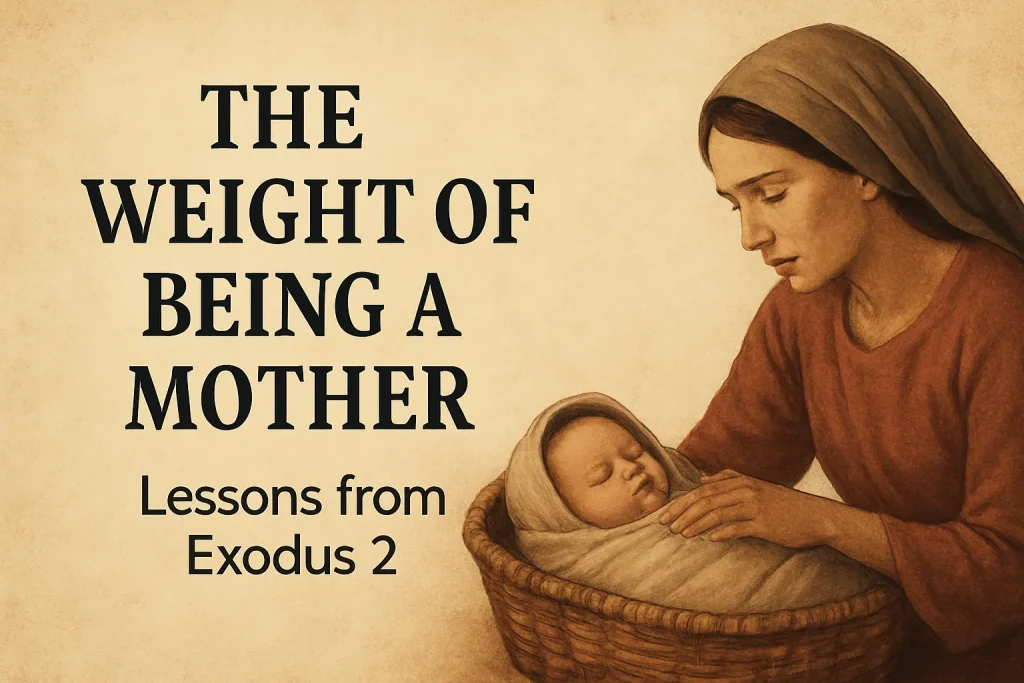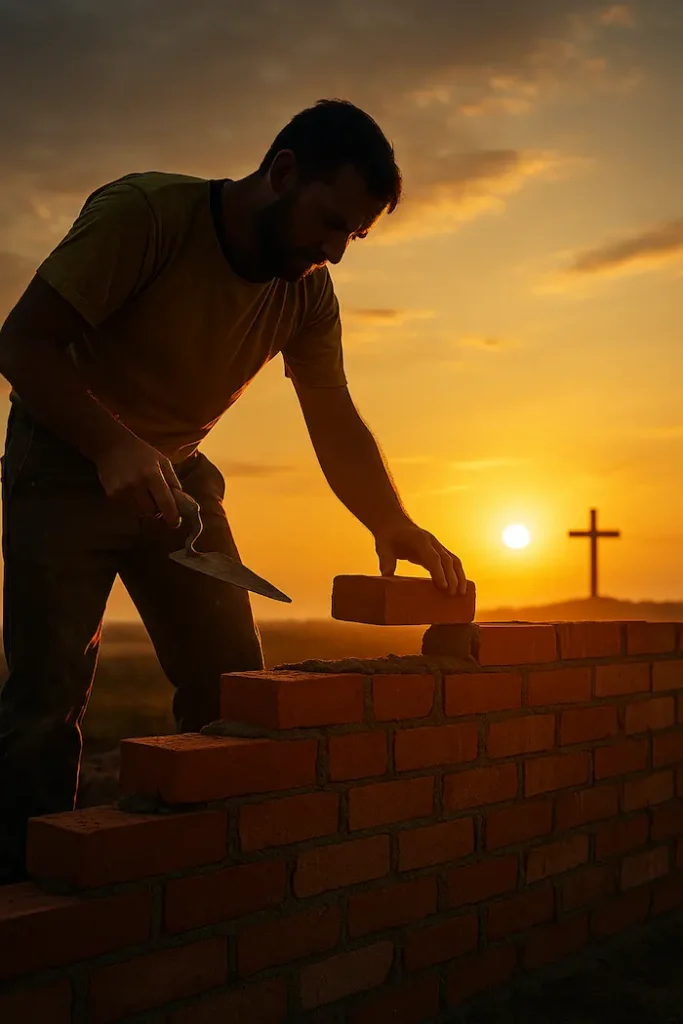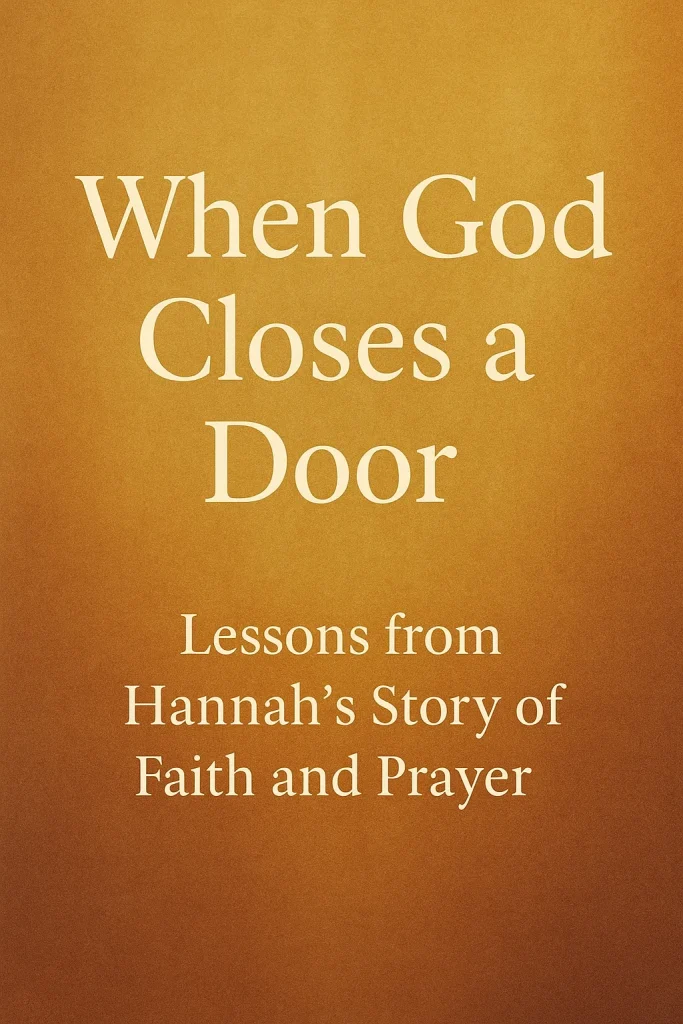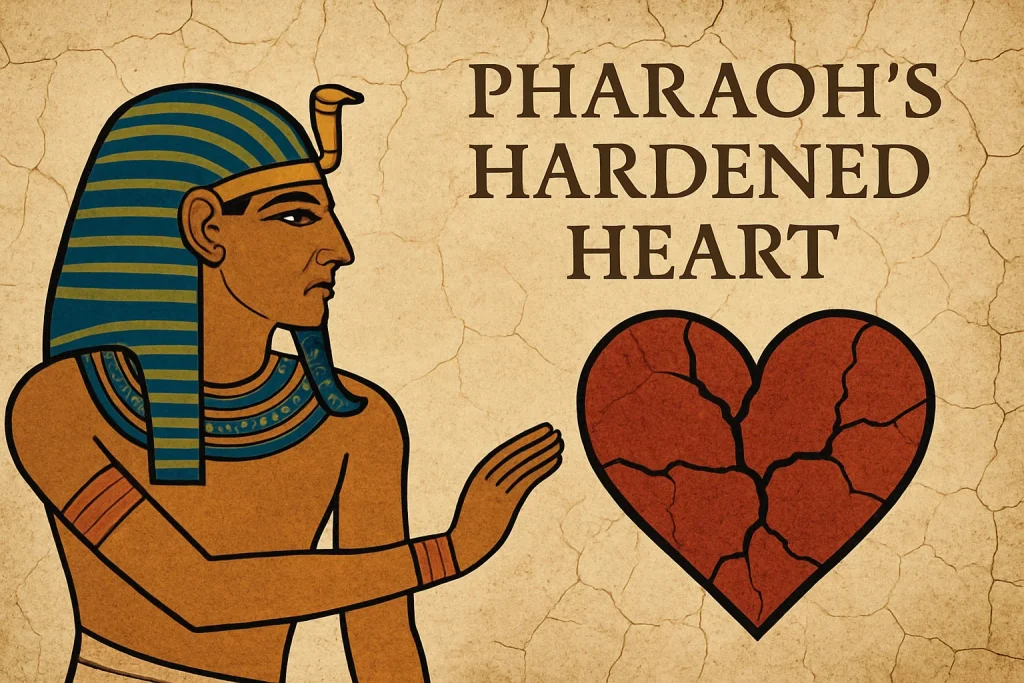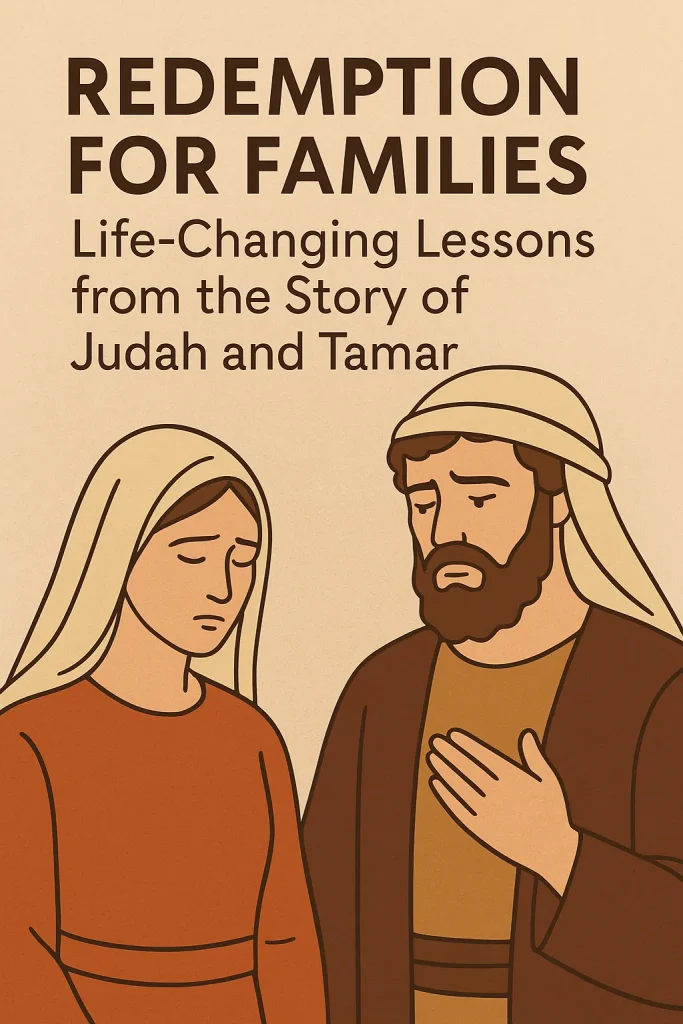
Faith That Moves Mountains in Seasons of Lack
Life has seasons that test the deepest parts of who we are—our strength, our identity, our courage, and above all, our faith. For almost five years, I have walked through a very difficult season. During this time, borrowing became normal, explaining my situation became routine, and simply surviving turned into a daily challenge.
Despite everything, I write today not from defeat but from faith—a faith that moves mountains, even when the mountain seems unmoved.
When You Reach the End of Yourself
Carrying responsibilities quietly brings a deep kind of tiredness. The weight of motherhood, the pressure to provide, and the challenge of rebuilding yourself while keeping your children safe, fed, and emotionally supported can break even the strongest heart.
Previously, I wrote about this weight:
👉 The Weight of Being a Mother
Sometimes, the heaviness feels unbearable. Meanwhile, desperation knocks softly. Yet, choosing faith over fear becomes the daily decision that keeps me moving forward.
Holding Onto God’s Promises
When life does not make sense, the Word of God becomes an anchor. It reminds us that He is close and that His promises are still true.
God Is Near
“Seek the Lord while He may be found; call on Him while He is near.”
— Isaiah 55:6
Even when heaven seems silent, this verse reassures me that God is near.
God Listens
“For the Lord our God is near us whenever we call on Him.”
— Deuteronomy 4:7
This promise prevents me from drowning in doubt. Furthermore, God is not ignoring my prayers—He hears each one.
God Invites Us to Ask
“Ask and it shall be given; seek and you shall find; knock and the door shall be opened unto you.”
— Matthew 7:7
Therefore, we have permission to keep asking, even when our prayers feel repeated.
God Owns Everything
“For every beast of the forest is Mine, and the cattle on a thousand hills.”
— Psalm 50:10
In addition, God is not limited by economies, job markets, or human networks.
Whenever a door closes, I remind myself:
👉 When God Closes a Door
At times, a closed door is not rejection—it is redirection.
Living on Daily Grace
For five years, God has kept me through what felt like a famine. Through “ravens”—family, small opportunities, and unexpected blessings—I have survived. My children are in school. We have shelter. We have love.
I wrote more about surviving without strength here:
👉 Blogging With Zero Motivation in Kenya
Although life may not look glamorous, it shows that God keeps me going.
However, being sustained is different from thriving. While gratitude fills my heart, I still feel tired:
- Depending on people who are also struggling is draining.
- Hiding behind “I’m okay” takes energy.
- Waiting for life to change can feel endless.
As a result, this tiredness pushed me to pray boldly.
Bold Faith: Asking God for a Financial Breakthrough
My Specific Prayer
Today, with humility and courage, I ask God for a miracle:
- A stable income of at least Ksh 100,000 per month.
- A six-figure blessing to help me stand again, provide again, and rebuild my life with dignity.
Not for luxury, not for show, and not for pride.
Instead, this request is so I can raise my children with stability and become the woman God wants me to be.
Why I’m Asking Boldly
The Bible teaches that grace, provision, and favor are available. Many believers continue to testify that God still opens doors.
These resources have encouraged me:
🔗 Daily Encouragement & Devotionals – Desiring God
🔗 Biblical Encouragement for Hard Seasons – GotQuestions
Since God did it for others, He can do it for me too.
Healing the Mind Before the Miracle
True provision begins in the heart. Before external breakthroughs appear, I ask God to heal my inner world:
- Heal my mind from fear of the future.
- Restore my confidence.
- Transform my survival patterns.
- Release the exhaustion built up over years.
- Silence the quiet voices that say I am unworthy of rising again.
Often, the real miracle is becoming the person capable of carrying the blessing God wants to release.
Stepping Into a New Season
I believe my difficult season is ending. Looking ahead, this year feels like a time of newness. Surely, the breakthrough will come.
The God who sent ravens will now send rivers. The God who sustained will now establish. The God who kept me will now elevate.
When the breakthrough arrives—and I am confident it will—I will return here to testify.
A Word to Anyone Walking Through Their Own Desert
If your season feels too long, remember:
- God sees you.
- God hears you.
- God is near you.
- God has not forgotten your story.
- God is not done with you.
Your season of lack does not define your identity. Your waiting is not wasted. Your tears are not ignored. You are not alone.
My Final Prayer Today
Lord, heal my mind.
Heal my heart.
Break the cycle of lack.
Release financial favor.
Open a six-figure door that sets my family free.
Give me the strength to stand again.
Make me a testimony of Your goodness.
Amen.
Let’s Walk This Journey Together
If this reflection touched your heart, share it with someone who needs encouragement today. You can also subscribe to the blog for more reflections, faith journeys, and real-life stories—raw, honest, and unfiltered.
💡 Optional Monetization Tip: Include Amazon affiliate links for faith-building resources:
